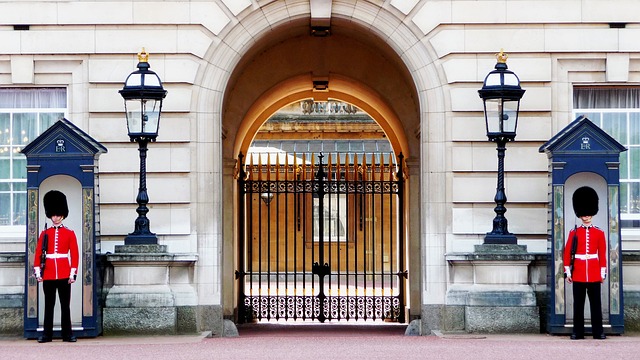
When polls in the United Kingdom recently began to show movement toward widespread support of the country’s departure from the European Union, markets did not take long to respond.
Global oil prices dropped. The pound slid to about $1.40, when it had been trading closer to $1.50 a few weeks prior. Equities tanked, particularly in Europe and Asia, though U.S. markets followed them down. Yields on German government debt tumbled, with the country’s benchmark 10-year bond sliding below zero for the first time, according to The Wall Street Journal. In other words, after having long ignored the possibility of Britain leaving the EU, investors suddenly became alarmed at the increasing probability it would actually happen.
Unlike President Obama, who has firmly endorsed the U.K. remaining in the EU, I am not prepared to tell the British what to do. I am certainly not prepared to echo the president’s gratuitous threat that, in leaving the EU, Britain will go to the back of the line in negotiating new trade deals with the United States. If and when that happens, Obama will be long gone, and there would be no reason for this country to try to punish the British for leaving an arrangement that we Americans would never accept for ourselves. Our long-standing political, military and economic ties to our one-time motherland will hardly be erased by a British exit from the EU. On the contrary, we would have every reason to demonstrate to the British that they are not alone in the world.
In fact, in a different political environment, I think there would be a lot of merit in welcoming the U.K. into a newly expanded North American Free Trade Agreement, building on the existing trade agreement between the U.S., Canada and Mexico. We could rename it the North Atlantic Free Trade Agreement and people would still be free to complain about NAFTA. Griping aside, free movement of people, intellectual property and physical goods would benefit everyone in a trade area so closely bound by language, legal structure and business practices. The U.K. – and perhaps one day Ireland, which has no interest in leaving the EU right now – would be a natural fit.
But we are not at a moment in history when big new free trade areas are easy to create, as evidenced by the president’s dead-in-the-water Trans-Pacific Partnership, which his own party’s prospective candidate, Hillary Clinton, has already disavowed.
A British exit would underscore the structural failings of the EU, about which I have written previously. The European Union was supposed to lift the less-advanced economic and political structures of Southern and Eastern Europe into some sort of parity with the efficient and well-oiled government machinery of Germany and other northern countries. But it has done the opposite.
Decades into the experiment, stagnant societies like those of Italy, Spain, Greece and France still resist the structural reforms that would increase productivity and competiveness and decrease the chronic youth underemployment that is stopping young adults in those countries from building families and boosting their nations’ economies. Brussels has simply layered on red tape and subsidies. While fostering free trade within the bloc, it has acted with increasingly protectionist overtones against competition from outside – particularly from America’s highly advanced agriculture and tech sectors. Hence the foolishness, from an American perspective, of an American president counseling Britain to stay in the EU.
It is ultimately up to the British whether they want to be a part of Europe’s grand socialist experiment. Warnings of the difficult adjustments to come if they leave are probably not baseless, but they are also probably overblown. It is clear that Europe needs the U.K. more than the U.K. needs them, as illustrated by the EU’s attempts to convince Britons to stay through measures such as a conveniently timed European Court of Justice immigration decision in Britain’s favor.
A “Brexit” – even more than the Greek departure that was narrowly averted, or at least postponed, last year – would signal the bloc’s inevitable contraction, if not its demise. The great dream of an “ever-closer union” among European states that have no underlying agreement of what that union should accomplish is an increasingly clear failure.
Germany and France want the British to stay in the EU to help bear the costs of that failure. No doubt they will try to exact a price if and when the U.K. leaves. But once those transitional costs, whatever they may be, are behind them, the British will probably enjoy regaining their full sovereignty. Like the Swiss and the Norwegians, both of whom have remained outside the bloc, they will make their own trade agreements with the EU, or at least what’s left of it. And since the EU will need British capital, jobs, know-how and markets, these deals will get made on reasonable terms, regardless of European bluster.
The British should know, whatever they decide, that they can count on the support of their friends on this side of the Atlantic despite the internationalist bleating of our soon-to-be departed president. Her Majesty’s subjects have a long history of confronting the future with courage and resolve. Whatever they decide, my guess is that we will look back on tomorrow’s historic vote and see those traits on display.
Disclaimer: This page contains affiliate links. If you choose to make a purchase after clicking a link, we may receive a commission at no additional cost to you. Thank you for your support!



Leave a Reply